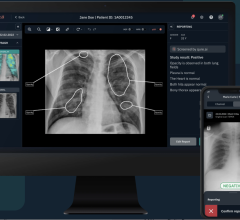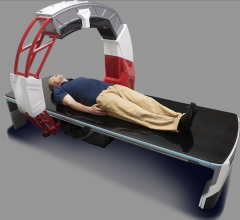Five big U.S. employers launched a computerized health record system for employees on Wednesday that they hope will help set a standard for America's messy health care system, and save money and lives.
Patients would control who can see their records, which they can access even if they change jobs or doctors.
The five companies will make the system -- which will store an individual's information on a secure Web site -- available to their 2.5 million employees and retirees next year.
They hope the electronic record keeping will reduce administrative costs and medical errors.
"It's a lifelong, portable health record," Craig Barrett, Chief Executive Officer for Intel Corp., told a news conference. "It's not something that will be held by employers or by insurance companies."
They hope to demonstrate that the idea works well enough to attract other users and improve on the current system, with records largely on paper and scattered among the files of the doctors, hospitals and other providers who have treated a person.
The other companies signing on to the plan are Applied Materials, which makes semiconductor chips, flat panels and solar cells, energy conglomerate BP , mail service and software specialist Pitney-Bowes and retailer Wal-Mart Stores Inc..
The system, called Dossia, has been developed by the non-profit Omnimedix Institute, headquartered in Portland, Oregon.
It uses the Connecting for Health Common Framework electronic systems developed by a collaboration of industry, consumer advocates, medical groups, insurers and non-profit groups that offers a way for different computer systems to read the same records, while providing secure access and privacy.
Experts say the current system of paper medical records is not only cumbersome but dangerous. In the United States, each time a patient visits a new doctor, he or she must fill out a new form and remember previous conditions, medications and other health history.
It is one main reason for frequent prescription and treatment errors, according to the Institute of Medicine, an independent organization that advises the federal government and other groups on medical matters.
WATCHING YOUR OWN HEALTH
"People will be able to more conveniently monitor their health, assure that they have appropriate health screening tests, take care of existing health conditions, and share their health information with health professionals," said Dr. Julie Gerberding, director of the U.S. Centers for Disease Control and Prevention.
The National Consumers League is supporting the new system, as are the American Academy of Pediatrics and the American Association of Family Physicians.
Barrett said the interest of employers is obvious in the United States, where most people are insured via the workplace. "Employers pay half the bills," Barrett told a news conference. "It's impacting our competitiveness."
"The system has to change. It has to become more efficient," Barrett said.
He said the plan, to be rolled out "in the middle of next year," would eventually be made available to other companies and to the federal government.


 August 09, 2024
August 09, 2024 








